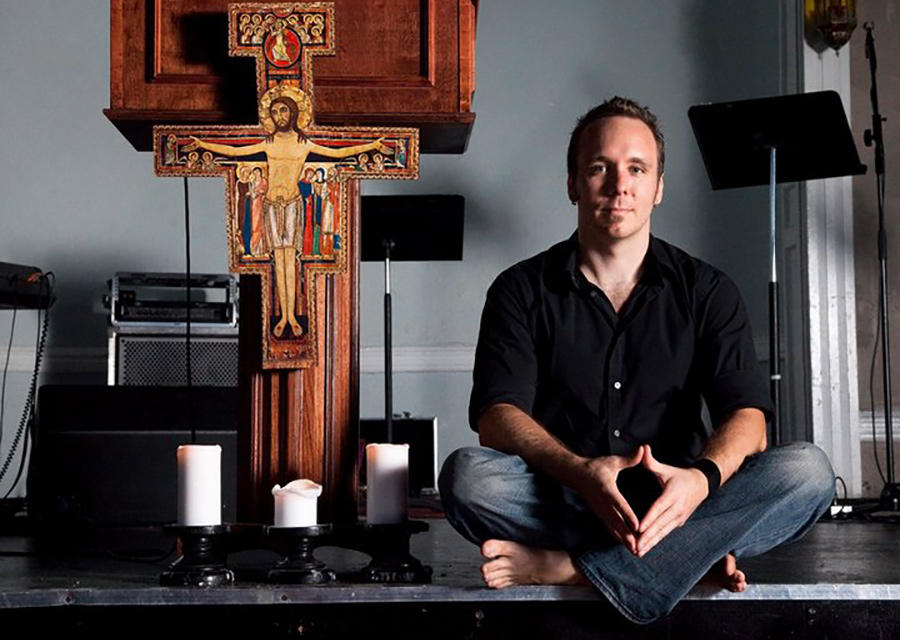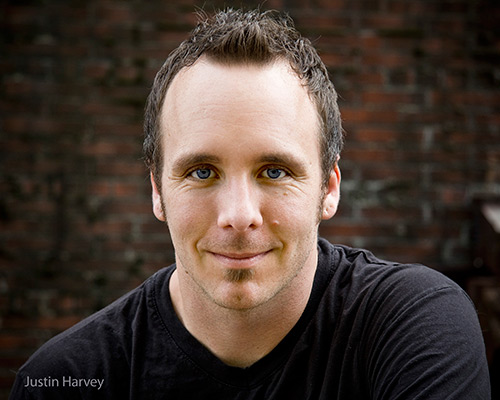The path less traveled
The life and teachings of Yeshua Hamashiach (Jesus the Messiah) have held my attention since I first encountered them. My secular childhood saved me from experiencing religious indoctrination and developing dogmatic beliefs, but it also left me yearning for something more substantial than the spiritual and mindfulness practices that had I developed on my own. That yearning was satisfied when I made the choice to follow The Christ and it has continued to satisfy my soul for the following 25+ years. Yeshua changed the way I saw myself, and more importantly, how I saw others. The book of Matthew records a teaching that he gave his disciples.
“When the gate to God’s kingdom opens, my followers will hear me say ‘Enter, you who are blessed by my Father! It’s been ready for you since the world’s foundation. And here’s why: I was hungry and you fed me, I was thirsty and you gave me a drink, I was homeless and you gave me a room, I was shivering and you gave me clothes, I was sick and you stopped to visit, I was in prison and you came to me.’ They’ll reply, ‘Master, what are you talking about? When did we ever see you hungry and feed you, thirsty and give you a drink? And when did we ever see you sick or in prison and come to you?’ Then the King will say, ‘I’m telling the solemn truth: Whenever you did one of these things to someone overlooked or ignored, that was me — you did it to me.’” (Matthew 25)
This teaching echoes one of the first things Yeshua was ever recorded saying.
“In everything, do to others what you would have them do to you, for this sums up the Law and the Prophets. This is the embodiment of a valid and healthy religion.” (Matthew 7)
This notion of others being just as valuable as me was the missing ingredient in my spiritual life. Embracing it and practicing it is what set me free from a nasty addiction to myself: an addiction which took the form of disregard for others when they didn’t align with my own interests. That’s called selfishness, and it, ironically, was my biggest hurdle to experiencing true joy and fulfillment.
Paul, an early disciple who also had a profound life change by this teaching, wrote in a letter to the Philippian church,
“Think of yourselves the way Christ Jesus thought of himself. He had equal status with God but didn’t think so much of himself that he had to cling to the advantages of that status no matter what. Not at all. When the time came, he set aside the privileges of deity and took on the status of a slave, became human! Having become human, he stayed human. It was an incredibly humbling process. He didn’t claim special privileges. Instead, he lived a selfless, obedient life and then died a selfless, obedient death — and the worst kind of death at that — a crucifixion. Put yourself aside, and help others get ahead. Don’t be obsessed with getting your own advantage. Forget yourselves long enough to lend a helping hand.” (Philippians 2)
These ideas are fundamental to following Yeshua. One literally can not be a follower of Christ (a christian) without embracing and practicing this. If you’re on a spiritual journey and are Christ-curious, let this be the litmus test for yourself and for others who claim to be christians.
Yeshua concluded that teaching in Matthew 25 with a warning to another group of people who piously believed they deserved a pass into God’s kingdom too.
“‘Take a hike, you don’t belong in my Father’s house. And why? Because I was hungry and you gave me no meal, I was thirsty and you gave me no drink, I was homeless and you gave me no bed, I was shivering and you gave me no clothes, Sick and in prison, and you never visited.’ They’ll reply, ‘Master, what are you talking about? When did we ever see you hungry or thirsty or homeless or shivering or sick or in prison and didn’t help?’ He will answer them, ‘I’m telling the solemn truth: Whenever you failed to do one of these things to someone who was being overlooked or ignored, that was me — you failed to do it to me.'”
This statement wasn’t directed to pagans or agnostic folks, it was directed to church people – specifically those who falsified a life of substantive love with a life of useless religion.
Perhaps you’ve spent your whole life in church culture, or perhaps you’re an outsider like me. The point of origin isn’t very important. Christ has made a path for all of us. It’s the same path he took. Know that you belong, know that you matter and your life is valuable. Then extend that sense of belonging and value to everyone you encounter. Show them they are just like you, worth being loved and cared for.
12


